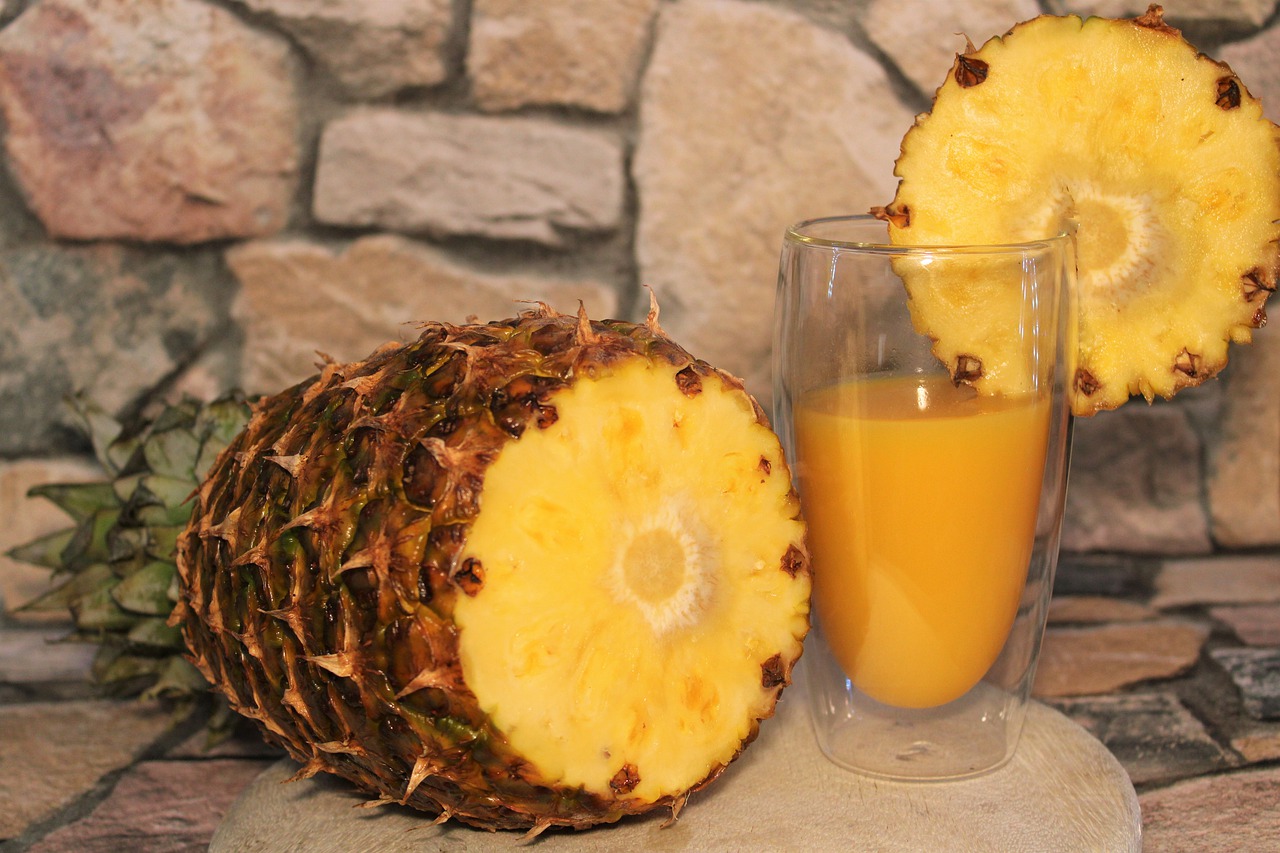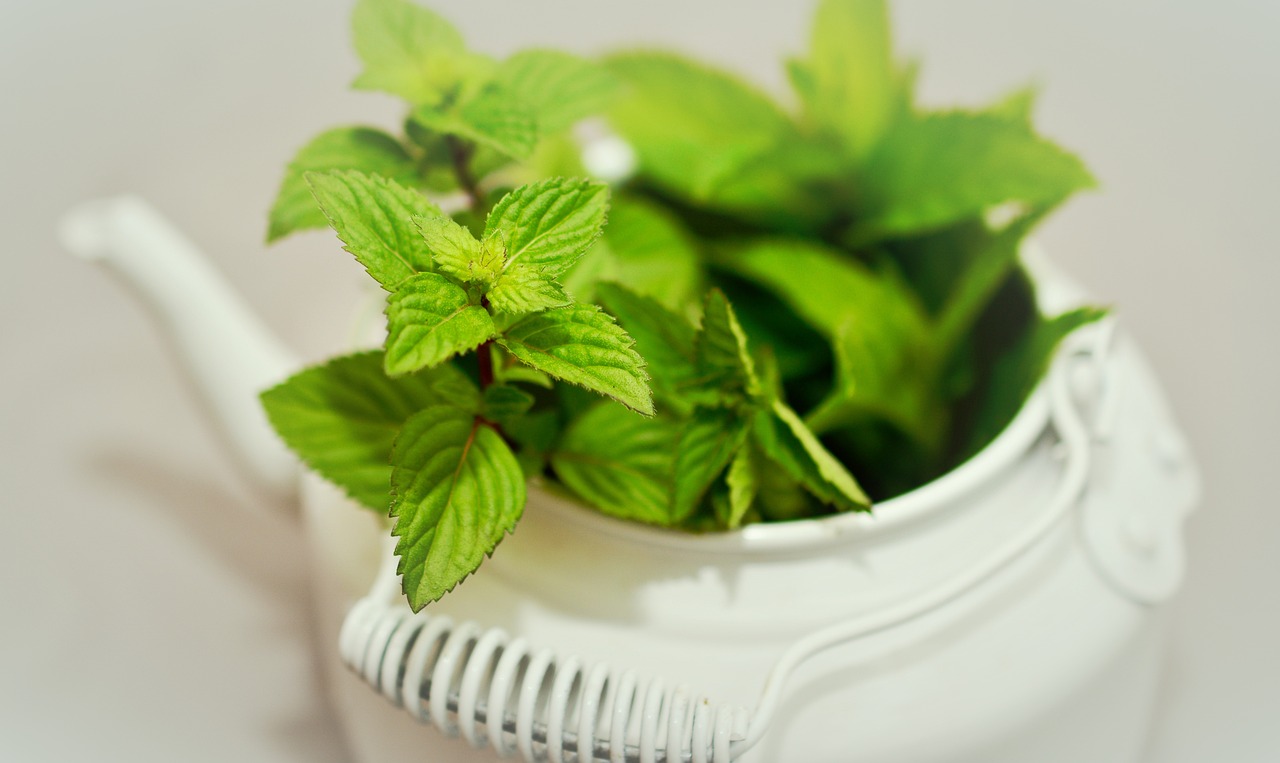Ginkgo Biloba Can Boost Memory, Improve Circulation and More

Ginkgo biloba, also known as the maidenhair tree, grows naturally in two small areas of Eastern China. It is believed that even these sources are artificial, and planted and maintained by monks over many centuries, and that there are no true natural sources of the tree left. Other than these, all living ginkgo trees are now artificially farmed.
The ginkgo seeds contain nuts that are a traditional food in China, served at Chinese New Year, and on other special occasions such as weddings, and is also used in traditional Chinese medicine. The seeds have been used in the treatment of coughs and asthma, and during the late 1970s and 80s, the uses of ginkgo biloba in medicine was extensively investigated with a view to determine the range of conditions that the tree could be used to treat. Given that many ancient Chinese remedies have found to be effective, and with a relevant scientific basis, this was a logical step.
It has been established that ginkgo biloba could have three possible effects on the body. These are:
- Improvement in circulation including that in the small capillaries.
- An antioxidant effect against free radicals.
- Prevention of some of the harmful effects of blood clotting and aggregation of platelets.
The last of these has been responsible for many cardiovascular conditions, and disorders of the kidneys, lungs and central nervous system, and is due to the effect of the platelet-activating factor (PAF) that ginkgo appears to inhibit.
Before delving deeper into the possible beneficial effects of Ginkgo, let us first examine the active ingredients believed to be involved in the perceived beneficial effects.
Ginkgo leaf extract contains terpenoids (bilobalides and ginkgolides) and flavonoid glycosides. Flavones can reduce the fragility of capillaries, and protect the body from blood loss through damaged capillaries, particularly in the brain. The Ginkgolides, particularly ginkgolide B, inhibit the platelet-activating factor and so increase the fluidity of the blood that improves circulation, again particularly in the micro-capillaries of the brain. This is also why it is believed to reduce the incidence of cerebral thrombosis and resultant strokes.
The antioxidant effect of ginkgo biloba extract (GBE) has been widely studied, and by scavenging free radicals the extract can help to prevent cell membrane damage, and so prevent cells from being destroyed. It has been established that pre-treatment of cells with GBE can prevent such damage in rats.
The anti-inflammatory properties of ginkgo biloba, as seen in some asthma patients for example, is thought to be due to the inhibition of the platelet-activating factor (PAF) by ginkgolide B, PAF playing a significant part in the inflammatory response to allergens, and PAF is now believed to be responsible for conditions such as asthma, renal diseases, central nervous system disorders and ischemia, a restriction in the blood supply, particularly to the brain.
It follows, therefore, that the effect of GBE on these conditions is likely to be due to PAF inhibition, and a reduction in the inflammatory response to a number of conditions. What evidence is there for this? In fact, results of the trials carried out have been inconclusive one way or the other.
Hence, a trial published by the Journal of the American Medical Association reported no effects after a 6 week trial of Ginkgo on Alzheimer’s and memory disorders. However, other trials have indicated positive effects after 6 weeks, and it could be that the GBE has to be taken for more than 6 weeks for any effects to be noticed. It is certainly believed to be a longer term treatment rather than have instant results, although some tests have shown improvement in concentration for up to 2.5 hours after treatment. The bulk of the evidence is favorable on the effect of GBE on memory disorders.
Test on rats, in which the blood flow to the brain was mechanically blocked by carotid compression, indicated that ginkgo biloba promoted an increase in the glucose and ATP levels in the brain neurons. Other trials have indicated that neurological damage in mice subjected to neurotoxins was reduced by the administration of GBE, and while not conclusive with respect to humans, the effect of GBE on the brain appears to be more than just opinion.
To sum up, ginkgo biloba is believed to be effective in treating the following disorders by virtue of its effect in improving the fluidity of the blood, protecting fragile capillaries from damage, exerting an antioxidant effect on free radicals, and so prevent damage to cell membranes, and its inhibiting effect on platelet-activating factor:
Circulation Problems
Circulation problems in the arteries can lead to blood clots that in turn cause strokes and cardiac problems. By preventing blood clots through the inhibition of PAF, ginkgolide B can help to maintain a healthy circulation system that also help to maintain circulation in the very small capillaries that feed the brain.
Atherosclerosis
This is caused by hardening and blockage of the arteries, and one of the effects of ginkgo biloba is to soften the arteries, help to unblock them and to prevent plaque formation by its antioxidant effect on the free radicals that cause the plaque by oxidation of LDL lipids. This is particularly true of the cerebral arteries.
Memory Impairment
The increased blood flow to the brain that GBE promotes can help to improve memory, although test are indicating that treatment has to continue for 6 weeks or more for it to be effective. Reduced blood flow to the brain is a common cause of memory impairment.
Alzheimer’s Disease
Ginkgo biloba has been used in the treatment of the symptoms of this condition, although it cannot be cured. It is thought that the improved circulation in the brain makes best use of the unaffected brain cells, improving memory and cognitive thought.
Reynard’s Disease
This is a condition where the extremities fail to warm up after being exposed to cold, and is caused by poor circulation in the small capillaries in which the blood pressure is very low. They symptoms are numbness and pins and needles, and GBE helps to overcome this condition due to improvement in the circulation and protection of the capillaries by rendering them less fragile.
Vertigo
GBE can help to reduce the symptoms of vertigo such as nausea and dizziness. This is believed, once again, to be due to an improvement in blood circulation.
There are few doubts that ginkgo biloba extract improves the circulation, particularly in the micro-capillaries in the brain and extremities of the body, and also possesses antioxidant properties, both of which help to maintain and improve the memory, and that combined with its effect on the platelet-activating factor, most of the properties of GBE is due to its capacity to maintain and improve circulation, particularly through those blood vessels closest to the blood-brain barrier.
The Author:
More information on ginkgo biloba extract is available at VitaNet ®, LLC Health Food Store. http://vitanetonline.com/








